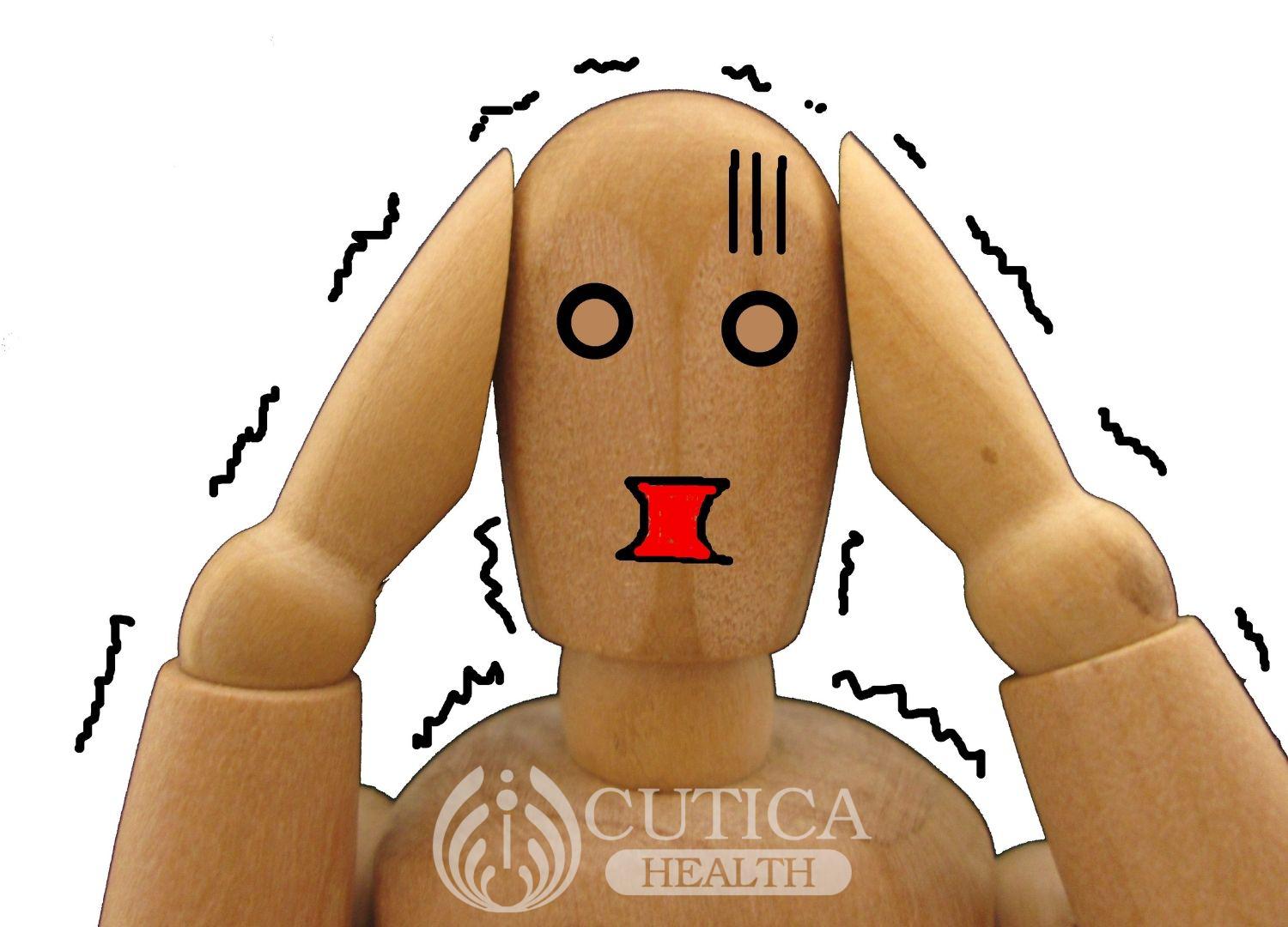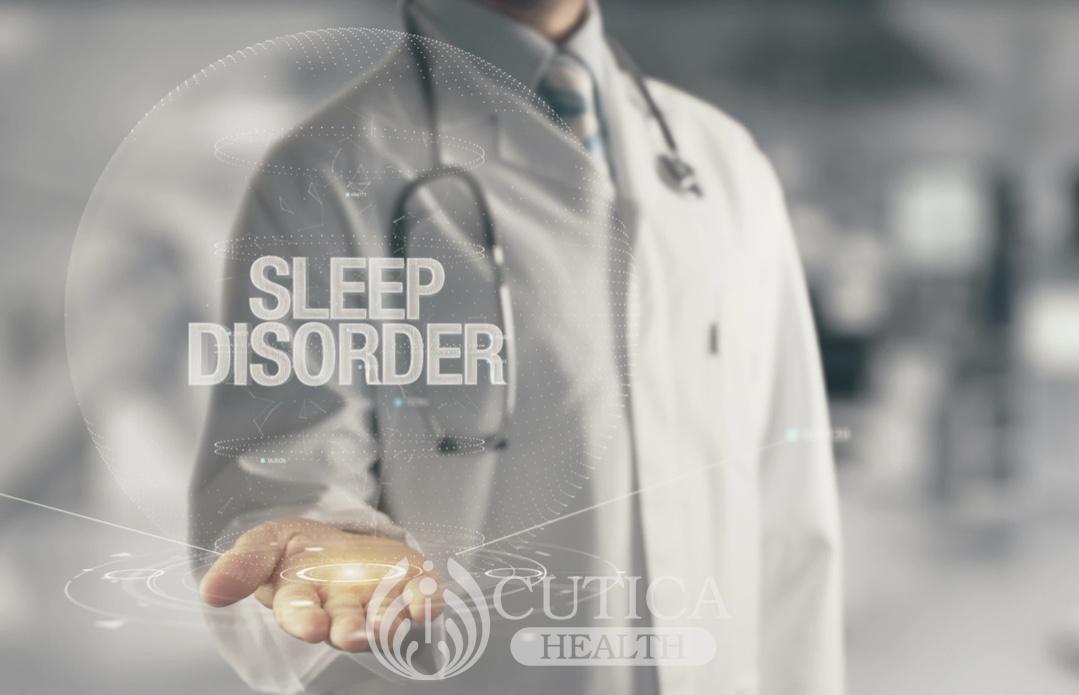
Tremors are involuntary movements, usually more noticeably in the hands. It is not the same as having a muscle twitch or spasm. The causes of tremors vary, but it comes with the same problem: trouble holding steady and getting things done. Imagine having tremors in your hands and you work as a typist?

You can have a tremor if you are stressed, anxious,have a low blood sugar, or after taking a large amount of coffee.
- More serious conditions that can cause tremors are diseases of the brain, including Parkinson’s disease, brain injury, multiple sclerosis, stroke,andhormonal problems.
- Taking a large quantity of alcohol over a long period can also result in a condition that causes tremors.
- While tremors caused by factors, such as anxiety, high intake of coffee and alcohol are often transient and resolve after the cause has been addressed, tremors caused by some brain diseases are often long-lasting because these diseases are incurable and progressive.
Types of tremors
Some tremors occur when one is not even moving that part of the body; these types of tremors are called resting tremors. Other types of tremors occur during movement of that body part and this is called an active tremor .
Active tremors can occur when you stretch out an arm or leg. It can also occur when doing specific tasks like writing or playing an instrument.

An intention tremor is a type of active tremor that is noticed when a person does a particular task like touching the tip of the nose with one's finger.
Essential tremor is another term used to classify tremors. It is an action tremor that occurs when you move that part of the body. It is the commonest type of movement disorder. A few things to note about essential tremors:
- Patients usually complain of an involuntary shaking of parts of their bodies, mostly hand and head.
- Though usually mild and not generally seen as a dangerous condition, essential tremors can worsen over time and present with severe symptoms in some individuals.
- It presents at age 40 or older and has also been attributed to inheriting a faulty gene from a parent.
Having a tremor in itself isn’t life threatening. Symptoms can however be seriously disabling, making it difficult to function as people may have problems with eating with a spoon, shaving, holding a bowl or glass of water, talking or writing.
Can Tremors Be Treated?
- Tremors do not always require treatment as some are mild, transient, and do not interfere with ability to carry out functions.
- In some cases however, tremors can be severe and may be a pointer to a serious medical condition involving the brain or muscles, including Parkinson’s disease and multiple sclerosis.

In this case, you need to be reviewed by a doctor, a brain specialist called a neurologist. The doctor will order a series of tests and perform some physical examinations to determine the cause of the tremor. Most cases, there is no cure for most tremors caused by progressive brain diseases, such as Parkinson’s disease.
Possible therapies for tremors, which offer some symptomatic relief include:
- Medications: This includes drugs used to control involuntary movements of the affected body parts. These medications have been shown to be beneficial to people who have tremors.
- Physiotherapy: This uses weight and other devices to strengthen muscles and ultimately improve on movement and coordination.
- Other therapies that may be helpful in managing tremors are surgical procedures like deep brain stimulation. Deep brain stimulation is however reserved for people who have severe tremors that greatly affects function.
Summary

Tremors are not always bad and may be a transient occurrence. People may get tremors when they hold out their hands or when they are fatigued. Medications are not always needed for cure as sometimes dealing with situations that causes anxiety, decreasing coffee or alcohol intake can help reduce tremors. However, tremors resulting from brain diseases may be incurable and may require long-lasting treatments.












